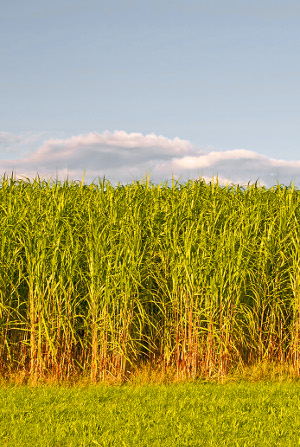Food growth beats expectations
 Australia's agriculture sector has defied drought and decline to rake in near-record billions.
Australia's agriculture sector has defied drought and decline to rake in near-record billions.
The Australian agriculture sector is projected to achieve its second-highest production value on record for the financial year 2024–25, despite challenging conditions in some regions.
The Australian Bureau of Agricultural and Resource Economics and Sciences (ABARES) forecasts the sector - including agriculture, fisheries, and forestry - will reach $94.3 billion, with agriculture contributing $88.4 billion. This would be a $6 billion increase from the previous year.
ABARES Executive Director, Dr Jared Greenville, has attributed this growth to increased livestock prices and production, alongside an expected $2.2 billion rise in the gross value of crop production.
“Higher domestic production volumes are offsetting lower global crop prices,” Dr Greenville said.
Winter crop production has risen 16 per cent to 55.1 million tonnes, bolstered by favourable growing conditions in New South Wales, Queensland, and Western Australia.
However, poor weather in South Australia and Victoria have led to year-on-year declines in these states.
Although export values are set to decrease to $70.1 billion following three record-setting years, they will still rank as the third highest on record.
Notably, red meat exports are predicted to reach record highs, with beef and veal valued at $13.9 billion and sheep meat at $5.3 billion.
Key international markets, including the United States, China, Japan, and the Middle East, have driven this demand.
At the same time, a recent study published in the journal PLOS ONE highlights sustained global growth in crop yields over the past six decades.
Contrary to concerns of stagnation, researchers John Baffes from the World Bank and Xiaoli Etienne from the University of Idaho report that global yields have continued to rise at an annual rate equivalent to 33 kilograms of wheat per hectare.
The study examined 144 crops across 98 per cent of global agricultural land, revealing that technological advancements, particularly in crop varieties, have been pivotal.
While the findings provide reassurance regarding global food supplies, the authors warned that challenges such as climate change, population growth, and income disparities underscore the need for sustainable and affordable food production systems.








 Print
Print